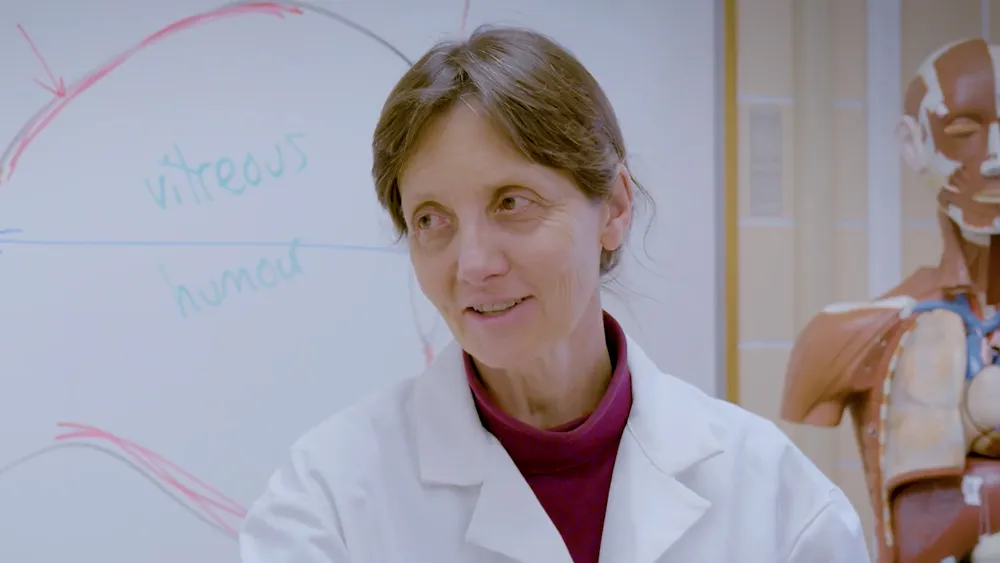Heading 1
Heading 2
Heading 3
Heading 4
Heading 5
Heading 6
Lorem ipsum dolor sit amet, consectetur adipiscing elit, sed do eiusmod tempor incididunt ut labore et dolore magna aliqua. Ut enim ad minim veniam, quis nostrud exercitation ullamco laboris nisi ut aliquip ex ea commodo consequat. Duis aute irure dolor in reprehenderit in voluptate velit esse cillum dolore eu fugiat nulla pariatur.
Block quote
Ordered list
- Item 1
- Item 2
- Item 3
Unordered list
- Item A
- Item B
- Item C
Bold text
Emphasis
Superscript
Subscript
About This Simulation
Help Dr. One get the periodic table ready in time! By directly observing the elements’ characteristics, testing their flame color, and investigating trends in atomic properties, your mission is to figure out where a number of fallen out elements belong.
Learning Objectives
- Describe the structure and organization of the periodic table
- Classify elements of a family based on their location in the periodic table
- Distinguish metals from other element classes based on typical characteristics
- Use the flame color test to identify metals based on their position in the periodic table
- Relate valence electrons and oxidation state of a main group element to its position in the periodic table
- Describe the main trends among groups and periods for atomic properties
- Explain the causes on the atomic level for the main trends among groups and periods concerning atomic radii, ionization energy and electronegativity
About This Simulation
Lab Techniques
- Flame color test
Related Standards
- No direct alignment
- No direct alignment
- No direct alignment
Learn More About This Simulation
Light up the elements! In this simulation, you will learn all the fundamental ins and outs of the periodic table. Find out which elements have metallic characteristics, perform a flame test, and explore trends in atomic properties among the main groups and periods.
A broken table
The periodic table is an amazing tool for getting an overview of all the elements in existence, even the elements that only exist when we create them ourselves. But the table in this virtual lab lab is broken; some of the elements have fallen out, and it’s your mission to figure out where they belong by investigating their characteristics and properties.
Flame color test and atomic properties
To sort the first few elements in the table you can observe their flame colors. You may need to use your knowledge about element classes as well to get the full overview.
There are surprisingly many atomic properties for which trends can be observed via the periodic table. Moving on to the virtual holo-table, you will investigate these trends and deduct how they behave when you move within and between periods and groups of the table. You will need this knowledge to assign the most tricky fallen-out elements.
Become the teacher
At the end of the simulation, a special visitor will be coming by the lab, and she needs you to help her understand the basics of the periodic table.
Will you be able to grasp the periodic table well enough to explain it to the visitor?
Boost STEM Pass Rates
Boost Learning with Fun
75% of students show high engagement and improved grades with Labster
Discover Simulations That Match Your Syllabus
Easily bolster your learning objectives with relevant, interactive content
Place Students in the Shoes of Real Scientists
Practice a lab procedure or visualize theory through narrative-driven scenarios


For Science Programs Providing a Learning Advantage
FAQs
Find answers to frequently asked questions.
Heading 1
Heading 2
Heading 3
Heading 4
Heading 5
Heading 6
Lorem ipsum dolor sit amet, consectetur adipiscing elit, sed do eiusmod tempor incididunt ut labore et dolore magna aliqua. Ut enim ad minim veniam, quis nostrud exercitation ullamco laboris nisi ut aliquip ex ea commodo consequat. Duis aute irure dolor in reprehenderit in voluptate velit esse cillum dolore eu fugiat nulla pariatur.
Block quote
Ordered list
- Item 1
- Item 2
- Item 3
Unordered list
- Item A
- Item B
- Item C
Bold text
Emphasis
Superscript
Subscript
Labster can be integrated within a school's LMS (Learning Management System), and students can access it like any other assignment in their LMS. If your Institution does not choose an LMS integration, students will log in to Labster's Course Manager once they have an account created. Your institution will decide the access method during the sales process.
Labster is available for purchase by instructors, faculty, and administrators at education institutions. Purchasing our starter package, Labster Explorer, can be done using a credit card if you are located in the USA, Canada, or Mexico. If you are outside of North America or are choosing a higher plan, please speak with a Labster sales representative. Compare plans.
Labster simulations are created by real scientists and designed with unparalleled interactivity. Unlike point and click competitors, Labster simulations immerse students and encourage mastery through active learning.
Labster supports a wide range of courses at the high school and university level across fields in biology, chemistry and physics. Some simulations mimic lab procedures with high fidelity to train foundational skills, while others are meant to bring theory to life through interactive scenarios.

















